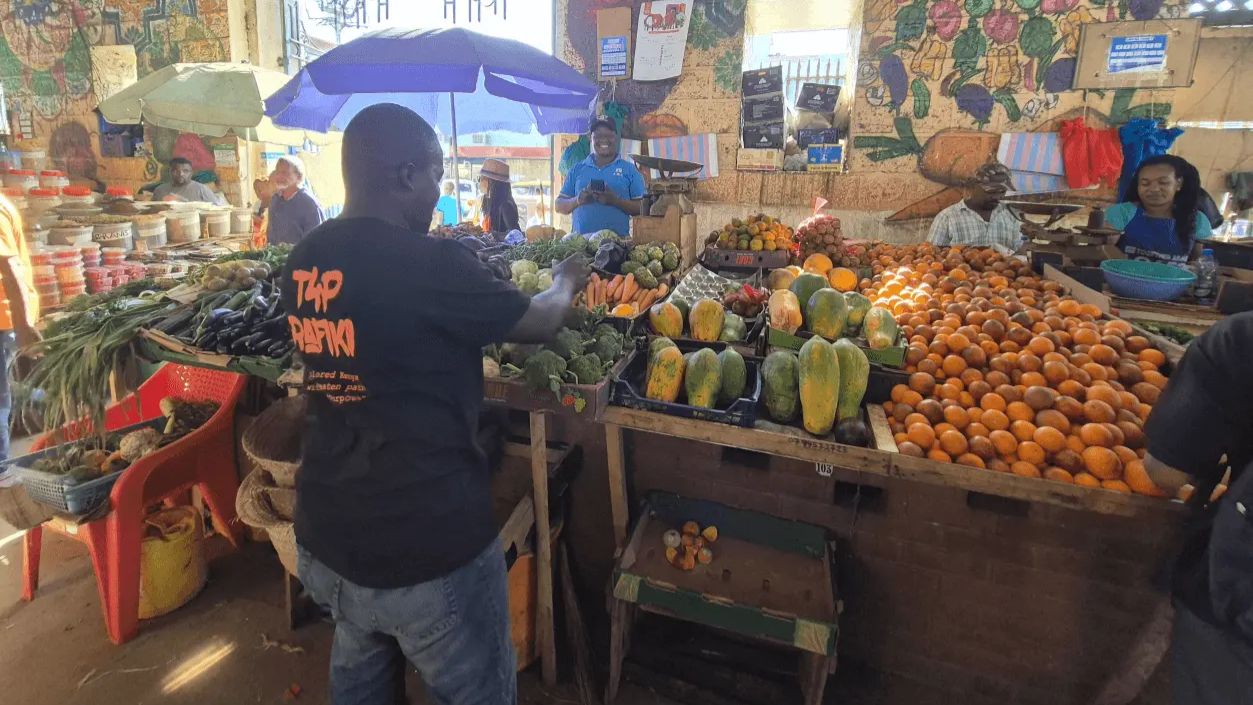Media Councils across Africa have been urged to lead the way in upholding journalism ethics, defending press freedom, and supporting sustainable development.
Speaking on behalf of President Samia Suluhu Hassan, Vice President Philip Isdor Mango emphasized the essential role media regulators play in raising journalism standards throughout the continent.
During the official opening of the 2nd Pan-African Media Councils' Summit on Tuesday, July 7, at the Arusha International Conference Centre (AICC), Mango pointed to four major priorities for African media.
The summit brought together leaders and experts to address the shifting challenges and opportunities facing the African media landscape.
Mango called for prompt action in addressing the use of artificial intelligence (AI) in news and information sharing.
Read More
He highlighted the importance of strong laws and clear regulations to fight misinformation, while still protecting freedom of expression and maintaining ethical standards.
Mango also underlined that access to information is a basic human right and urged media outlets to include all groups in society, especially people with disabilities, women, young people, and children.
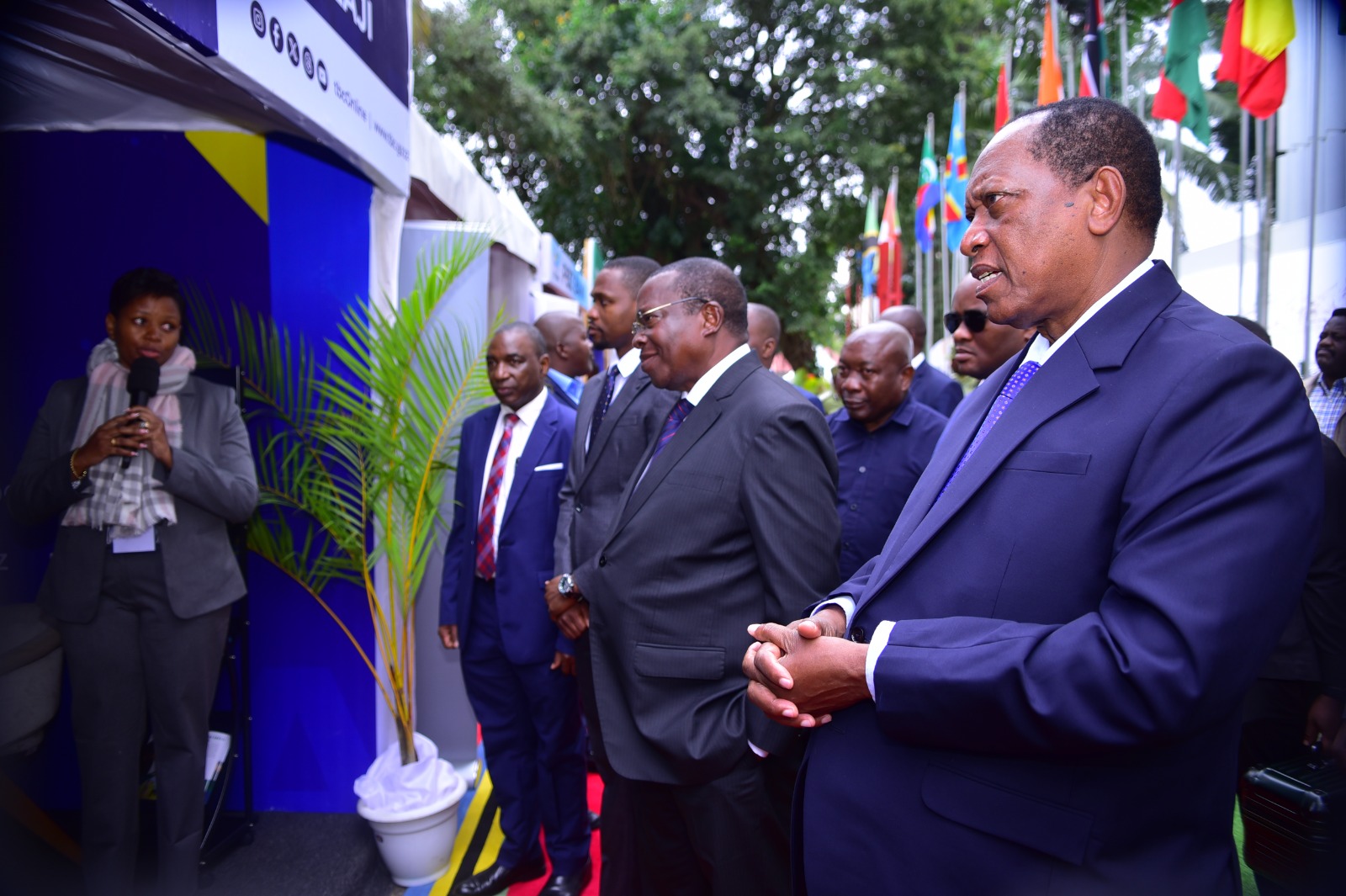
The VP encouraged the African media to tell real, homegrown stories that reflect the continent’s achievements, particularly in fields like science and technology.
Mango said the media should move away from outdated portrayals of Africa as a "dark continent" and instead shine a light on its progress and innovation.
He also called on African media councils to stay committed, boost training to counter misinformation, handle public complaints quickly, and work together to build a strong and impactful media environment across the continent.
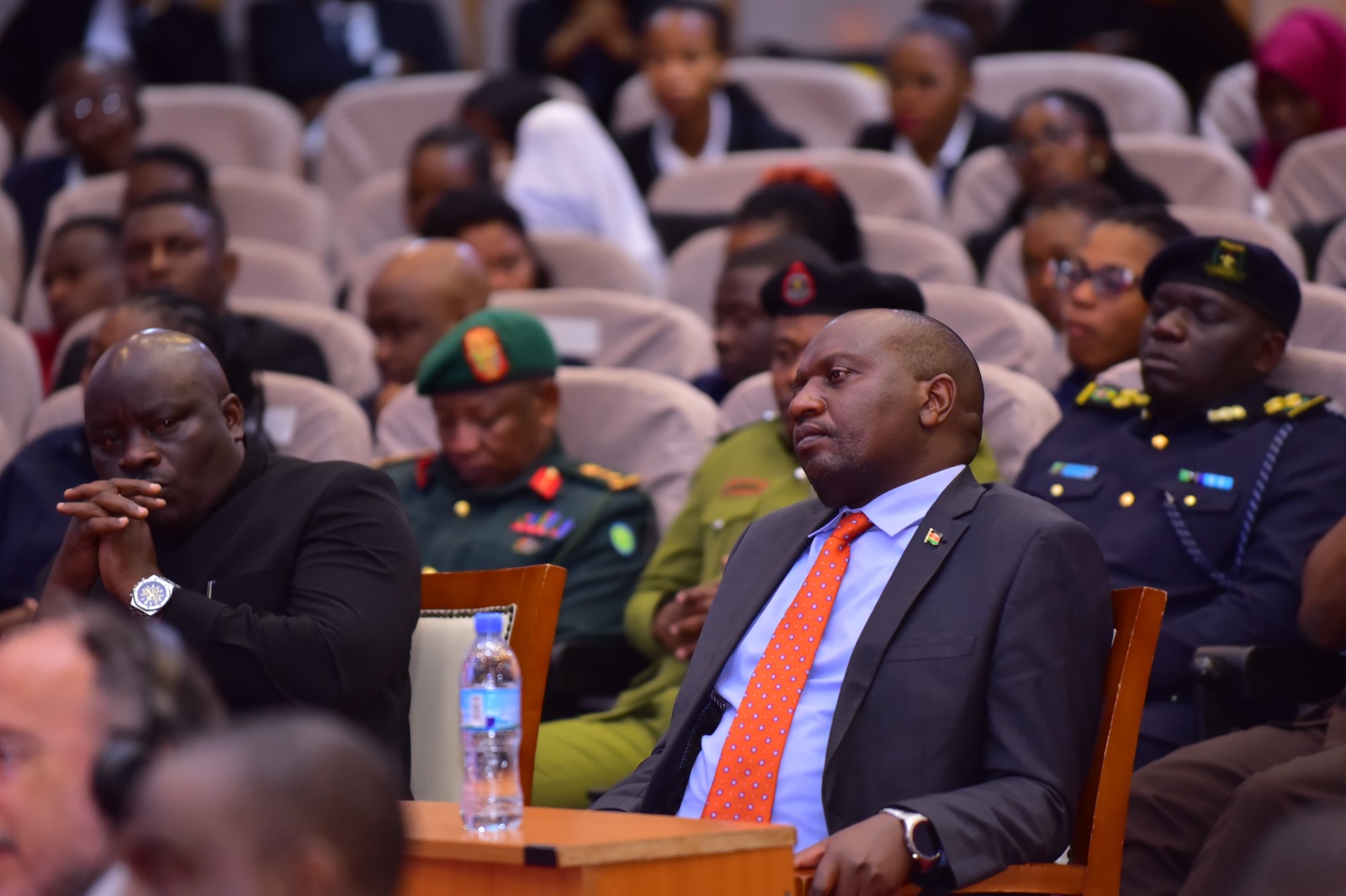
Mango also highlighted the need for strong legal and institutional systems to protect access to information and freedom of speech.
Other speakers shared similar views; Zanzibar’s President, Dr. Hussein Ali Mwinyi, urged the media to use their influence to drive positive change in society.
Ernest Sungura, Chairperson of the Network of Independent Media Councils in Africa (NIMCA) and Executive Secretary of the Media Council of Tanzania (MCT), stressed that solving African media challenges will require joint efforts.
As the MCT marked its 30th anniversary, it paid tribute to Tanzania's first leaders, Julius Nyerere and Ali Hassan Mwinyi, for their key roles in promoting media development.
UN Resident Coordinator Susan Ngongi Namondo praised the summit’s timing, calling for media that reflect shared hopes, guide public conversations, and celebrate cultural identity.
Namindo also supported updating progressive laws and including media and digital education in schools.
UNESCO’s Assistant Director-General for Communications and Information, Dr. Tawfik Jelassi, echoed the importance of protecting media professionalism, press freedom, and strengthening regional cooperation to deal with the challenges brought by new technologies and the spread of false information.
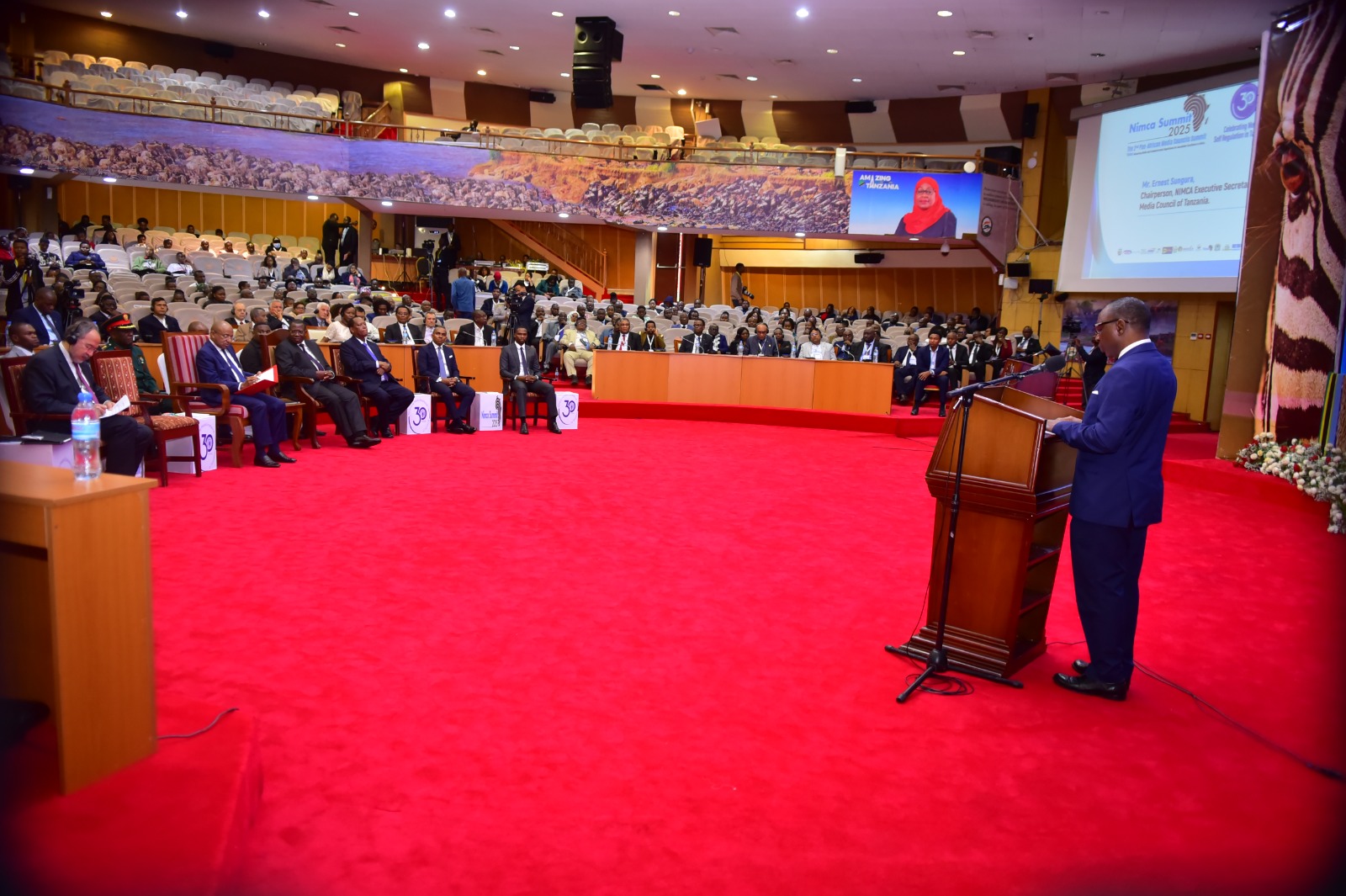
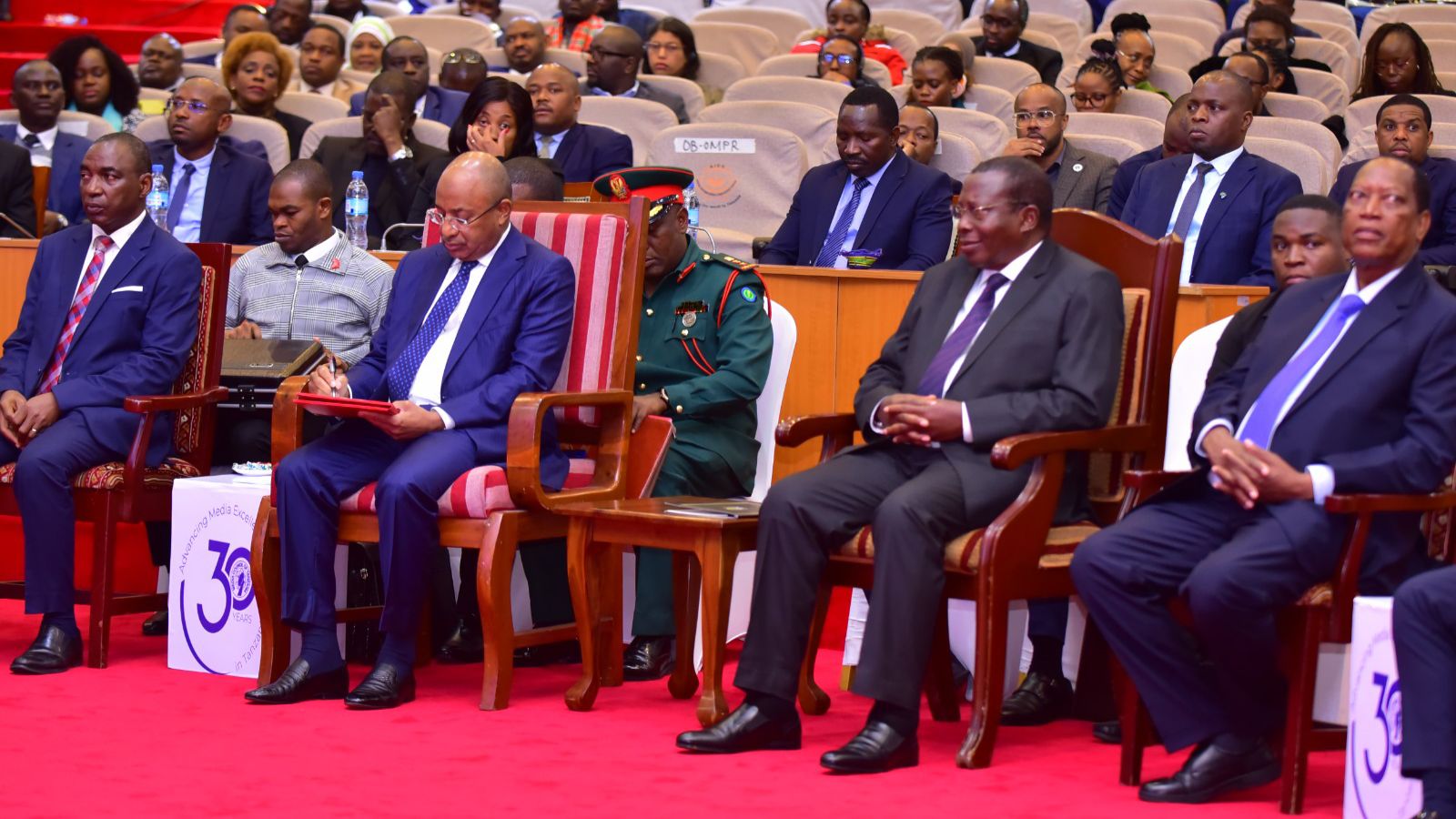
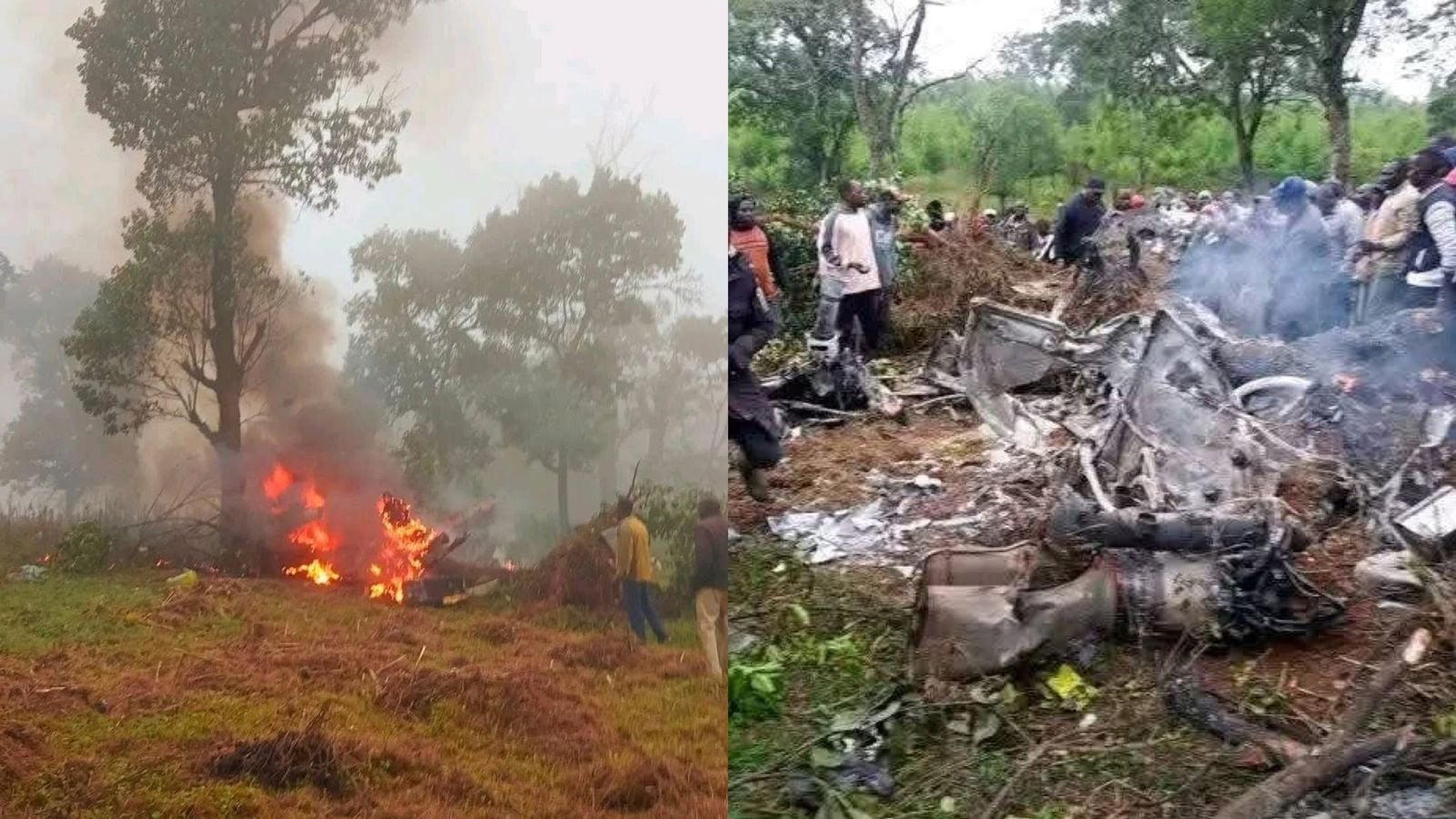
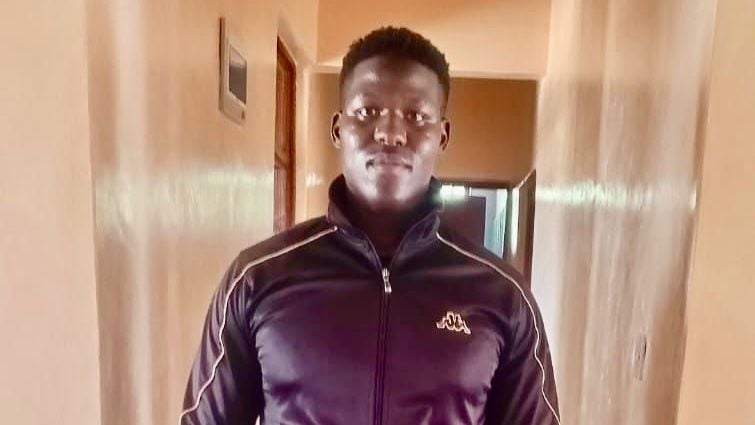
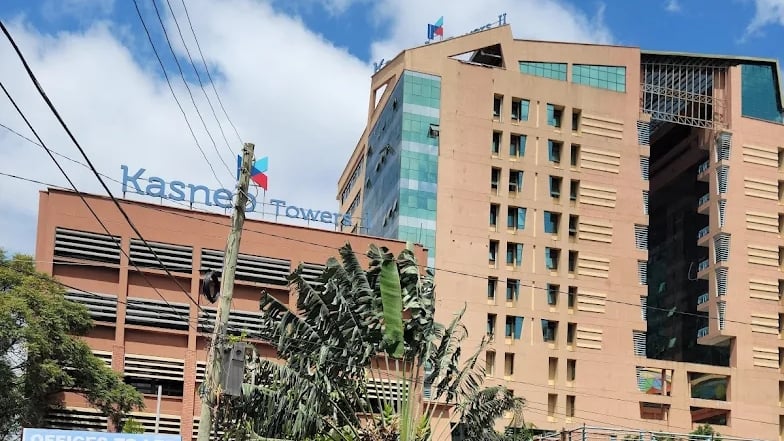
-1772458092.jpg)
-1772456632.png)
